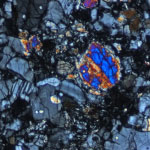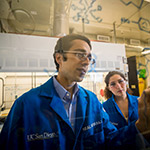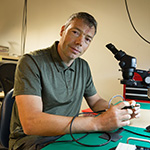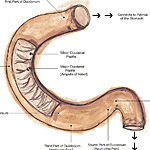Incoming Graduate Student Co-Authors Guide to ‘Machine Learning for Humans’
Samer Sabri is an incoming first-year M.S. student in Computer Science at the University of California San Diego. He is part of a two-person writing team that developed "Machine Learning for Humans," an easy-to-read online primer about machine learning that went live on the website Medium on August 19.
















